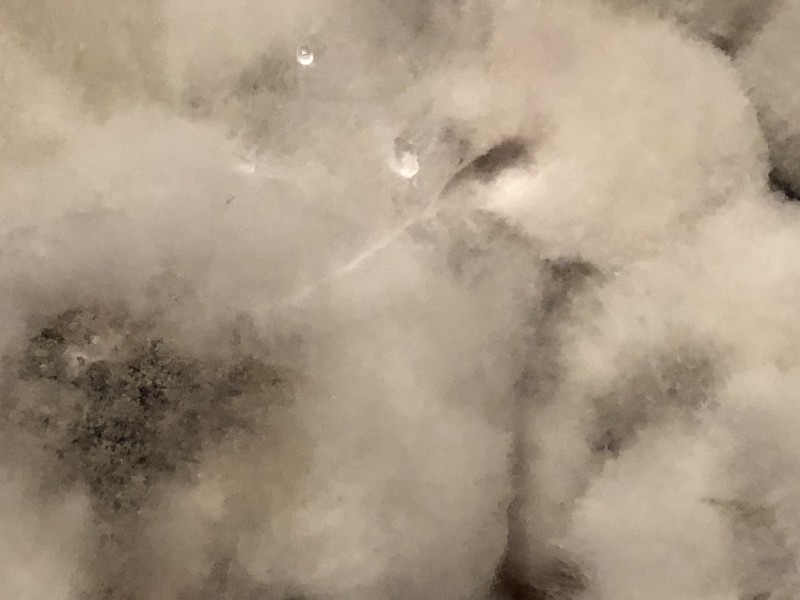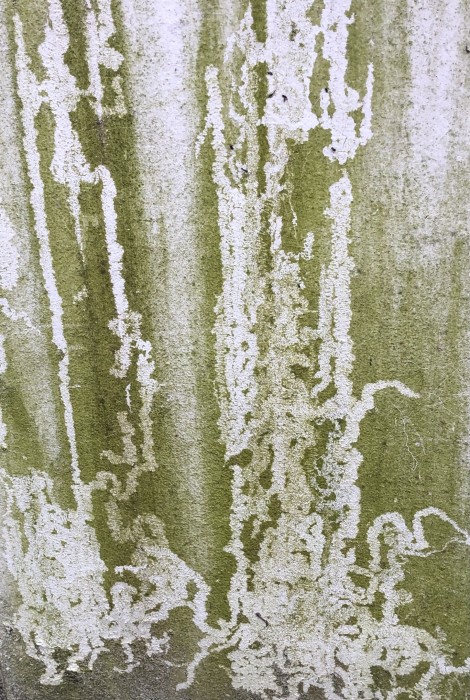Part 2: Wabi sabi and neurodivergent resonance
Posted on: 03/08/2022Part 2: Wabi sabi and neurodivergent resonance
Wabi Sabi and Neurodivergency connection to diverse wild nature.
Neurodivergency and the Japanese philosophy of wabi sabi are two concepts that may seem unrelated at first glance. However, looking closer, there are similarities between the two worth are exploring. The following compares, and contrasts, neurodivergency and Wabi Sabi, highlighting some of their similarities and differences.
Neurodivergency is a term used to describe individuals, including myself, who are Autistic and learn differently. Learning differences include ADHD, dyslexia, dyscalculia, dysbraxia, downs syndrome and tourettes, for example, and often overlap with one another with no clear edges. We can and have offer unique perspectives and ways of thinking which can and have benefitted society. Wabi Sabi, on the other hand, the Japanese philosophy values imperfection, impermanence, and simplicity. It celebrates the beauty of things that are imperfect, incomplete, and asymmetrical. Which also runs deep and has benefitted Japanese society.
Both concepts celebrate the beauty of things that are different from the norm. The often overlooked. A tonic against idealised perfection.
A further comparison is the focus on the present moment. In terms Neurodivergency time can often present differently, both in positive and negative ways, of past and future thinking; including focusing on the present moment, hyperfocus and flow states can be of use and need in respect of focusing on interests. Wabi Sabi also emphasises the importance of being present and mindful in the moment. Both concepts encourage individuals to appreciate the beauty of the present moment and to find joy and interest in things in life.
There are, however, differences to consider between neurodivergency and Wabi Sabi. Neurodivergency is a term used to describe difference using this umbrella term without having to go in to too much personal pervasive detail, while Wabi Sabi is a philosophy that is often applied to material life or approach. Additionally, neurodivergency is often associated with challenges and difficulties (also can be described as having a spikey profile), while Wabi Sabi is associated with finding beauty in imperfection. I find beauty and a broad acceptance in both.
There is an ever-growing list of neurodivergent people who bring new approaches to fields which were previously dismissed or not even conceived. Not to miss potential neurodivergent contributors from the past generations (although we can not accurately say for certain someone’s neurological traits in retrospect). An example of is Greta Thunberg, an Neurodivegent Autist who has made significant contributions to the climate debate. Her unique perspective, actions and way of thinking bringing sharp focus to the climate emergency.
A further example this time of Wabi Sabi is the Japanese art of Kintsugi, which involves repairing broken pottery with gold or silver lacquer. The repaired pottery is considered more beautiful and valuable than the original, highlighting the beauty of imperfection.
While neurodivergency and Wabi Sabi may seem unrelated, there are connections between the two which will continue to be worth exploring. Both concepts celebrate uniqueness, focus on time and the present moment, and encourage individuals and society to find beauty in imperfection. Both provide a form of space and pushback while combining an organic interrelation between them that provides a sanctum. Inviting nature in for both ourselves, our plural nature(S) and the nature which we are meant to co-habit with. In a way I see as a graceful living unforced way.
While neurodivergency is a term used to describe individuals with neurological differences, and Wabi Sabi is a philosophy that can be applied to anyone, both concepts offer valuable insights into how we can appreciate, celebrate, maintain and propagate diversity in our world. By embracing what may seem our imperfect perspectives and ways of thinking and valuing the beauty of imperfection, we can create a more inclusive, compassionate and flexible society. Ultimately, both neurodivergency and Wabi Sabi remind us that there is beauty in diversity and imperfection, and that we should celebrate and embrace these differences rather than trying to conform to a narrow definition of what is considered "normal" or "perfect." Wabi sabi is pluralistic and less about negation and more about acceptance. May be this is why it draws in so many and continues to exist. A tonic against ableism.
Pernille Fraser, 2022#Neurodivergency #WabiSabi #widernature #diversity #tonicagainstabelism #thejoyofimperfection




